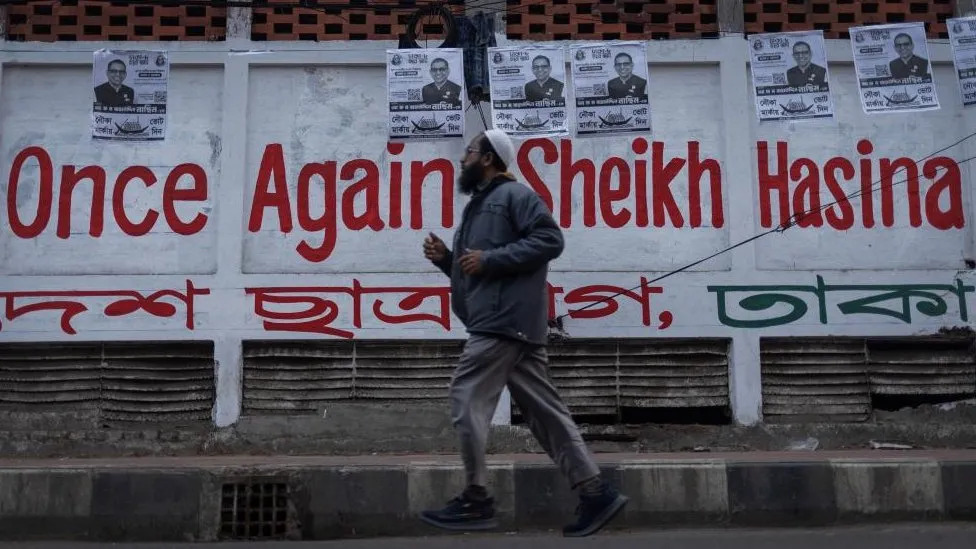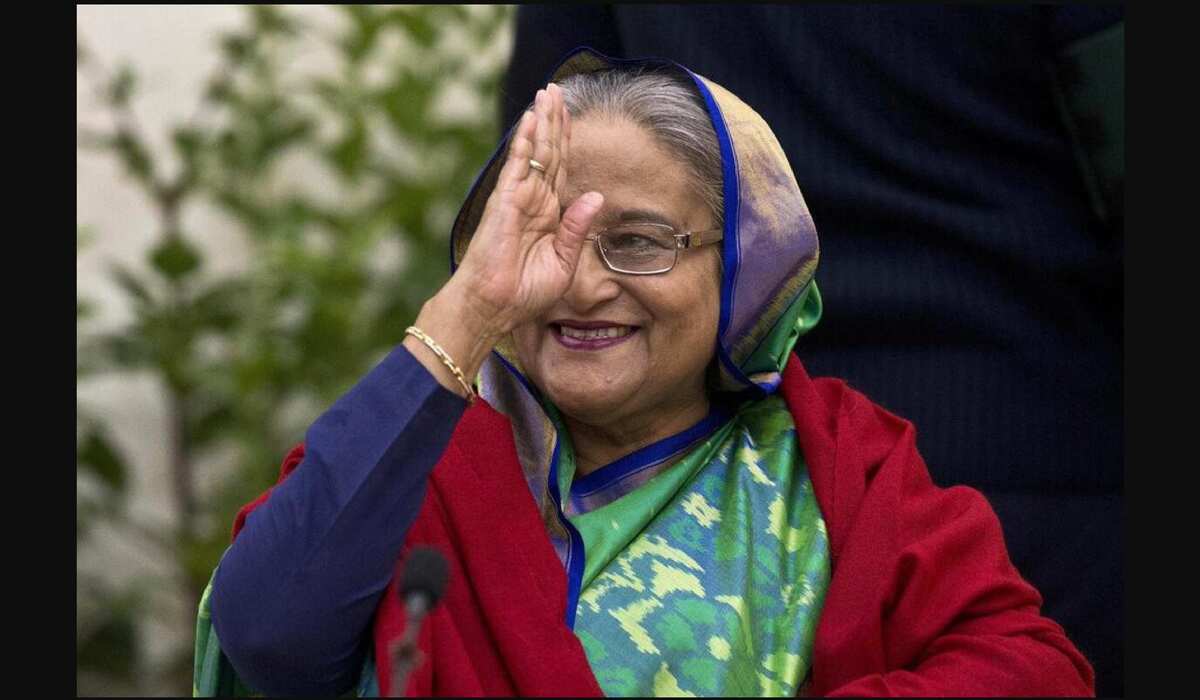The air in Dhaka hangs heavy, infused with a bittersweet scent of triumph and apprehension. Sheikh Hasina, Bangladesh’s ironclad prime minister, has cemented her hold on power with a fourth consecutive term, her victory echoing like a distant rumble under a storm-laden sky. Yet, the celebrations feel muted, draped in the shroud of a controversial poll shrouded in accusations of intimidation and a boycott by the main opposition.
With 223 of 300 parliamentary seats captured by her Awami League and its allies, Ms. Hasina’s dominance appears absolute. But a closer look reveals cracks in the facade. Voter turnout, a dismal 40%, barely whispers affirmation, a stark contrast to the enthusiastic 80% in 2018. Critics contend even these numbers may be inflated, echoing the murmurs of a manipulated democratic process.
Sheikh Hasina’s Enigmatic Victory: Unraveling Bangladesh’s Controversial Re-election
The victory song of the Awami League is drowned out by the chilling silence of dissent. Mass arrests of opposition leaders, the whimpers of those imprisoned like political hostages, and the chilling ghost of a brutal crackdown on protests paint a disturbing picture. Human Rights Watch estimates nearly 10,000 activists silenced, adding their voices to the chorus of concern over the legitimacy of the poll.

The Opposition
The air thickens with whispers of one-party rule, the specter of an iron fist clenching the throat of democracy. The BNP, Ms. Hasina’s bitter rival, boycotted the election, refusing to play on a field tilted against them. Their demand for an independent caretaker government fell on deaf ears, leaving them with the bitter pill of protest or silence.
From London, Tarique Rahman, the acting chairman of the BNP, speaks through a digital megaphone, his voice amplified by the injustice done. He denies accusations of violence, his words echoing the questions gnawing at every conscience: “Until then, our peaceful and non-violent movement will vigorously continue.”

His mother, Khaleda Zia, held captive in the confines of house arrest, becomes a symbol of the struggle, her image a silent banner under which dissent gathers. The ghost of the 2004 grenade attack looms large, a dark stain on Ms. Hasina’s past, casting a long shadow over her present.
Yet, supporters paint a different canvas. They point to the undeniable economic prowess of Bangladesh under Ms. Hasina’s stewardship. From one of the world’s poorest to a regional economic powerhouse, Bangladesh has witnessed meteoric growth, surpassing even its giant neighbor India. Per capita income has tripled, poverty rates plummet, and the “Made in Bangladesh” label adorns garments worn across the globe.
Much to do in Bangladesh
But the gloss of success fades under the glare of rising inflation and the sting of an IMF loan. Public discontent simmers, a pot threatening to boil over. International pressure mounts, visa restrictions imposed by Washington a stark warning of the consequences of unchecked power.
The global stage watches with a wary eye, the UN voicing concerns about human rights abuses and the stifling of dissent. But whispers of Indian backing shield Ms. Hasina, a strategic partner too valuable to ostracize. Developed nations, mindful of the millions employed in the garment industry, tread a cautious path.
Also Read: Indian Navy Hunts for Somali Pirates After Thwarting Hijacking Attempt
Tough Job ahead for Sheikh Hasina
At 81, Ms. Hasina may be reaching the twilight of her political career. The question of succession hangs heavy, a question mark looming over the nation’s future. Will the mantle be passed peacefully within the Awami League, or will a new power struggle erupt?
Ms. Hasina may have secured her term, but the shadows over her victory remain, a stark reminder that democracy demands more than just the ballot box, it demands voices free to speak, dissenters free to protest, and a future where power rests not on fear, but on the collective will of the people.

1 thought on “Controversial Re-election of Sheikh Hasina in Bangladesh”